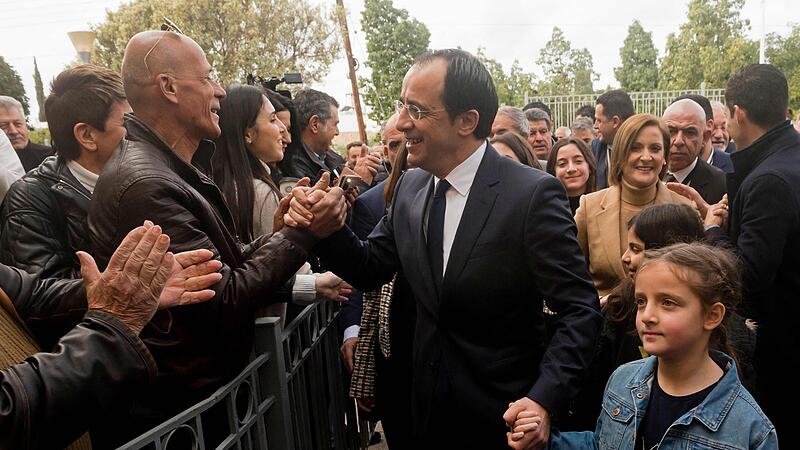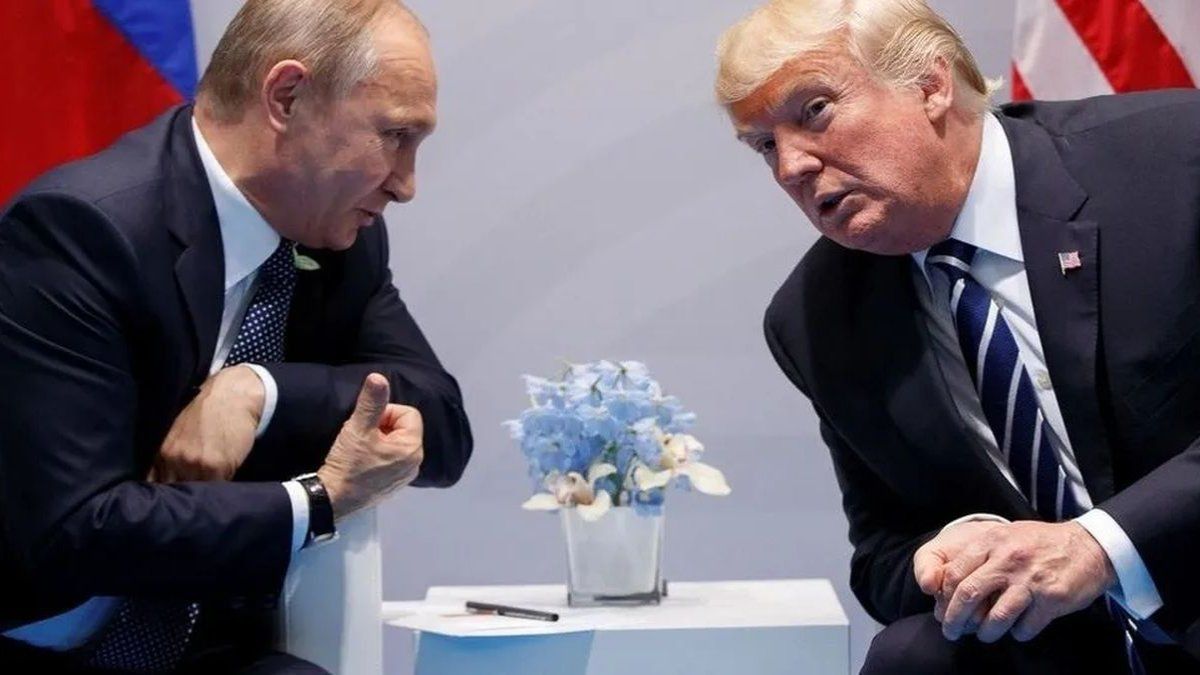Image: APA/AFP/IAKOVOS HATZISTAVROU
Former Foreign Minister Nikos Christodoulidis (49) emerged as the winner of the first round on Sunday after counting almost all of the votes. This was announced by the Interior Ministry in the evening. The conservative former chief diplomat initially received almost 32 percent of the votes.
His opponent will be the diplomat Andreas Mavrogiannis (66), who is supported by the left-wing party AKEL. He comes to around 29.7 percent. He thus wins an exciting duel for second place against the representative of the conservative party (DISY), Averof Neofytou (61), who received 26.2 percent, as the Ministry of the Interior further announced.
The election is important because the President, directly elected by the people, appoints and leads the government. Election experts and analysts expect intensive negotiations between the two candidates in the runoff election and the loser of the first round, the conservative Averof Neofytou, in the coming days. Polls give Christodoulidis, who is also conservative, more chances of winning the runoff. The left-backed Mavrogiannis is at a disadvantage as he now has to court voters across the conservative and centrist spectrum.
Elections only in the south
The first task of the new head of state will be to restart the talks to end the division of the Mediterranean island, which have been deadlocked since 2017. The northern part, the Turkish Republic of Northern Cyprus, has only been internationally recognized by the government in Ankara since partition in 1974. For this reason, only the southern part of the island was elected. The Turkish-Cypriot north does not take part in the political events of the south.
The new President will also have to dedicate himself to the fight against nepotism. In addition, the increasing number of asylum seekers is considered a problem. According to EU statistics, the small island republic of Cyprus registers by far the most asylum applications per year in relation to the size of the population. In 2021, 13,260 asylum applications were received there.
Cyprus has been divided since 1974 after a Greek coup and Turkish military intervention. The buffer zone between the two parts of the island is monitored by United Nations peacekeepers. The Republic of Cyprus has been a member of the EU since 2004. However, EU law only applies in the south of the island.
Source: Nachrichten




